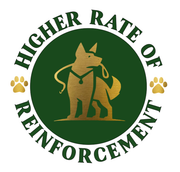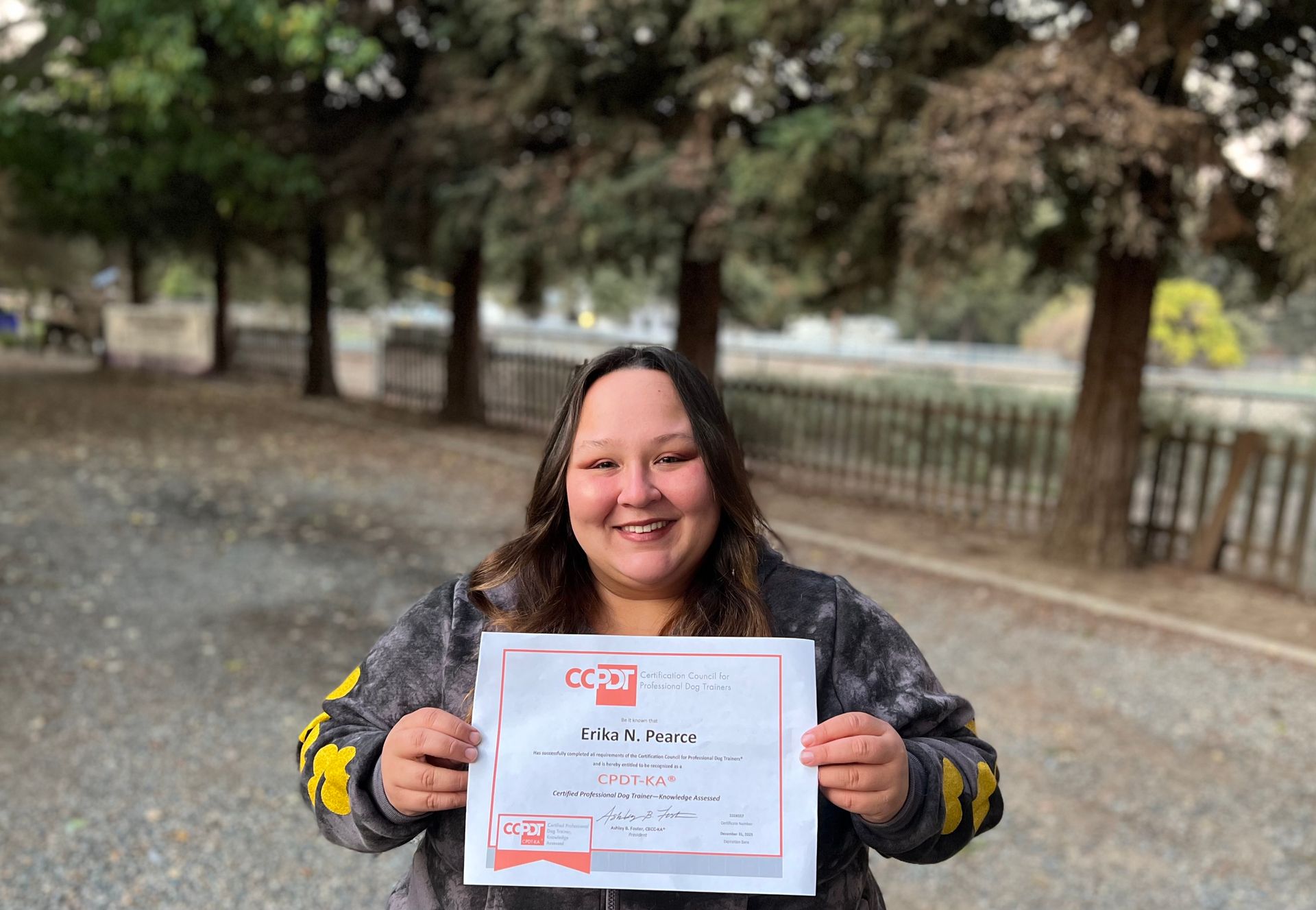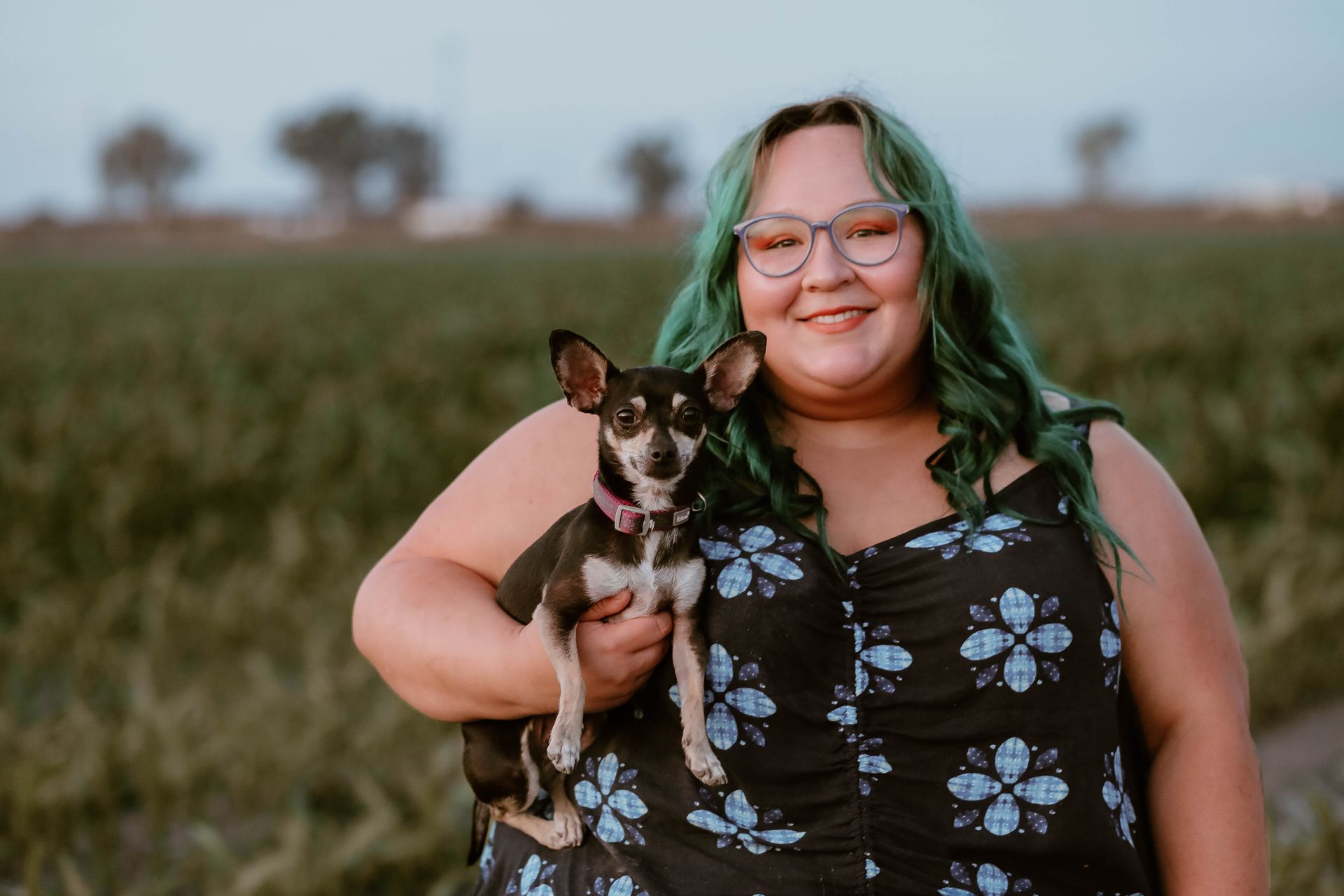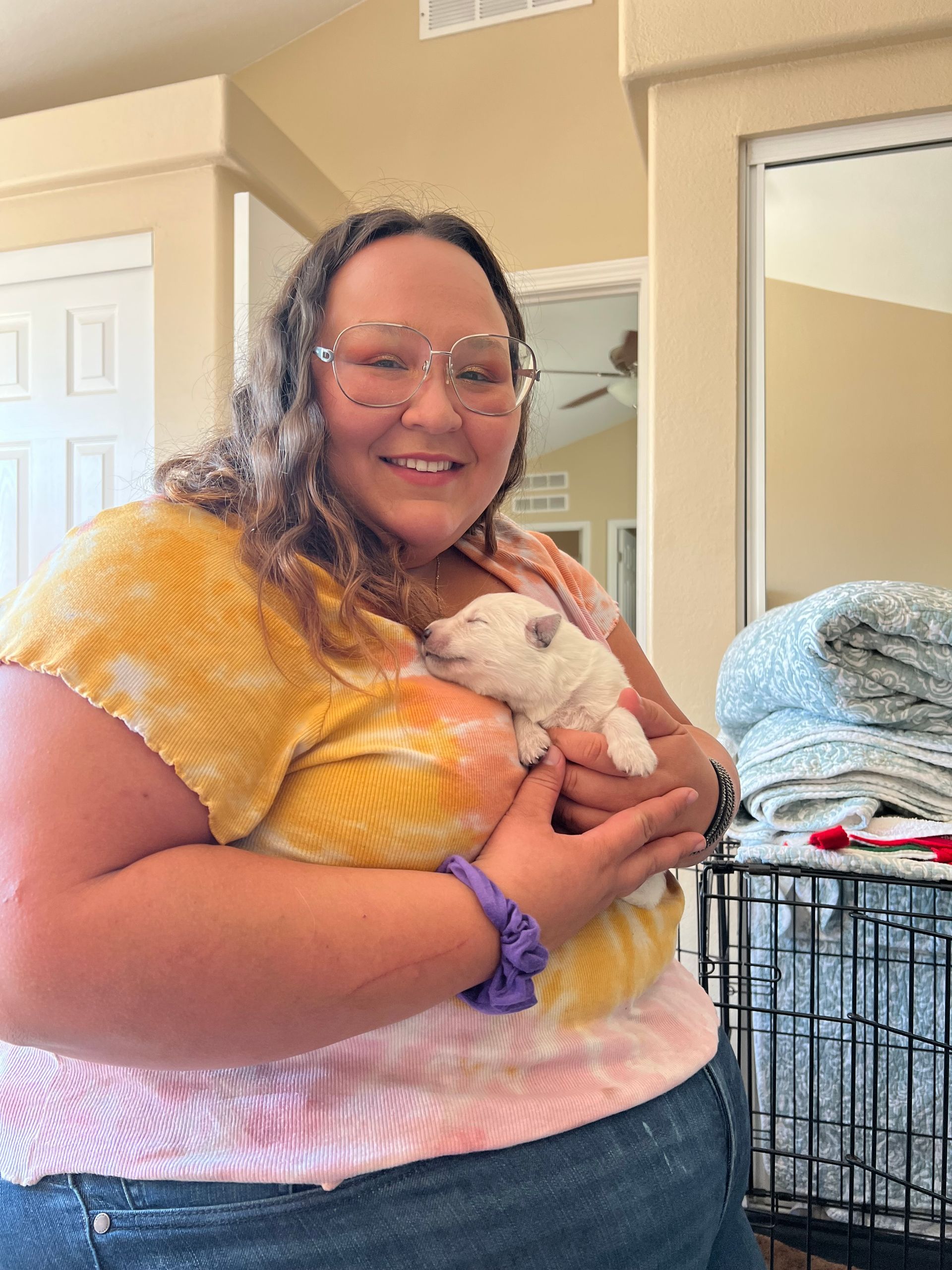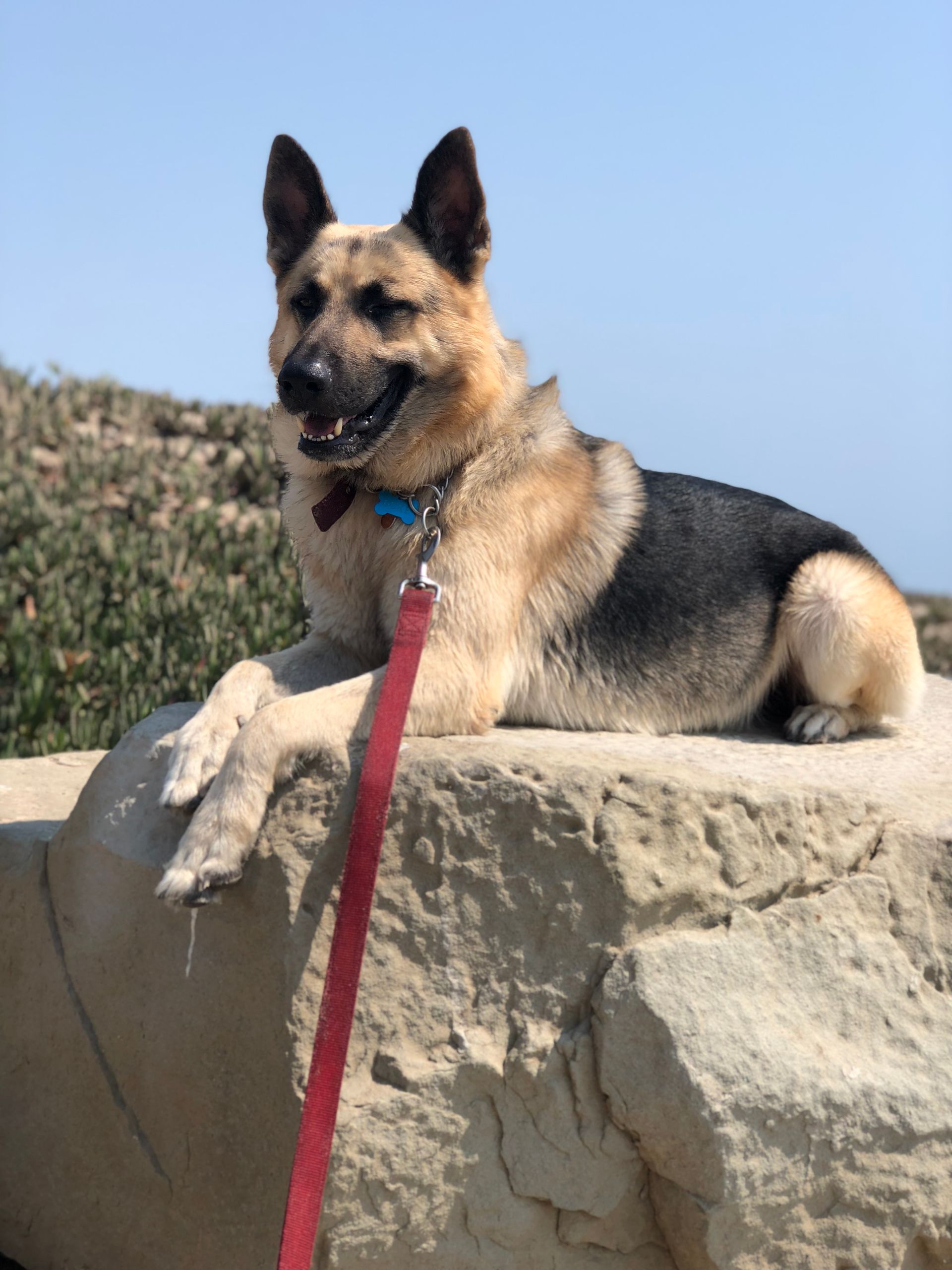What does our name mean?
Our name is based on a training technique where rewards are given more frequently to reinforce behaviors in animals.
In essence, it means increasing the frequency of positive reinforcement to enhance learning and shape behavior effectively.
Erika Pearce
My Certification and continued studies
My journey in dog training, combined with my studies into animal behavior, provides a solid foundation for continued growth in the field. By earning my CPDT-KA (Certified Professional Dog Trainer - Knowledge Assessed) certification—a rigorous test assessing proficiency in areas such as canine ethology, learning theory, and instructional technique— I've demonstrated my commitment to professional standards and ethics, ensuring credibility and trustworthiness in my practice. Building on this foundation, further studies into animal behavior will deepen my understanding of canine cognition, emotions, and learning processes, enabling me to develop more effective and compassionate training methods. This ongoing pursuit of knowledge will not only enhance my expertise but also enrich my ability to positively impact the lives of dogs and their owners, fostering stronger bonds and happier relationships.
My Current goals
Currently, I'm exploring new dog sports with my own dogs, providing outlets that fulfill their genetic needs while strengthening our bond. We're also actively pursuing trick dog titles, dog sports, and are eager to progress and showcase our skills together. I firmly believe that engaging in activities together fosters positive experiences and deepens our connection, enriching our lives and creating lasting memories filled with joy and camaraderie.
Why Positive Reinforcement based
Positive reinforcement is widely regarded as one of the most effective and humane methods of dog training for several reasons. Firstly, it strengthens the bond between the dog and the trainer by creating a positive association with desired behaviors. It's also more likely to result in long-lasting behavioral changes, as the dog learns to repeat actions that are rewarded. Additionally, positive reinforcement focuses on teaching the dog what to do rather than punishing undesirable behaviors, creating a learning environment based on trust, cooperation, and mutual respect. Overall, it promotes a happier, healthier relationship between dogs and their owners based on encouragement and rewards.
How I started...
At the age of 17, I adopted Duke, a 3-year-old washed service dog with significant behavioral challenges, including severe separation anxiety and male aggression. Despite his struggles, I believed he was just a pup with strong emotions waiting to be understood. Consulting numerous trainers and behaviorists, I witnessed various methods attempted on him, some exacerbating rather than alleviating his issues. Determined to help Duke, I delved into animal behavior, learning theory, and conditioning, gradually unraveling his triggers and reshaping his responses through counter conditioning and positive reinforcement. This journey not only sparked my passion for training but also transformed Duke's life, enabling him to accompany me everywhere and make remarkable progress towards the fulfilling life he deserved.
